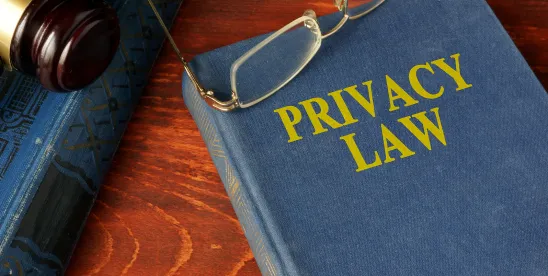Online retailer Harriet Carter Gifts recently obtained summary judgment from the district court in a class action under Pennsylvania wiretap law. At the heart of this case is the interpretation and application of the Pennsylvania Wiretapping and Electronic Surveillance Control Act of 1978 (WESCA), a statute designed to regulate the interception of electronic communications. The court’s primary task was to determine whether the actions of Harriet Carter Gifts and NaviStone constituted an unlawful interception under this law.
In 2021, the district court sided with the defendants, granting summary judgment because NaviStone was a direct party to the communications, and thus, no interception occurred under WESCA. However, the Third Circuit Court of Appeals overturned this decision. The appellate court clarified that there is no broad direct-party exception to civil liability under WESCA. Consequently, the case was remanded to determine “whether there is a genuine issue of material fact about where the interception occurred.”
On remand, the district court examined whether Popa could be deemed to have consented to the interception of her data by NaviStone through the privacy policy posted on Harriet Carter’s website. The court focused on whether the privacy policy was sufficiently conspicuous to provide constructive notice to Popa.
The enforceability of browsewrap agreements, which are terms and conditions posted on a website without requiring explicit user consent, was another critical aspect of the case. The court found that Harriet Carter’s privacy policy was reasonably conspicuous and aligned with industry standards. The court noted that the privacy policy was linked in the footer of every page on the Harriet Carter website, labeled “Privacy Statement,” and was in white font against a blue background. This placement was consistent with common industry practices in 2018 when the violation was alleged, which typically involved placing privacy policies in the footer of websites.
This led the court to conclude that Popa had constructive notice of the terms, reinforcing the notion of implicit consent. Notably, the court found implicit consent without any evidence that Popa had actual knowledge of the terms of the privacy statement. Rather, the court found a reasonably prudent person would be on notice of the privacy statement’s terms.
Based on these findings, the court granted summary judgment in favor of the defendants. The court determined that Popa’s WESCA claim failed because she had implicitly consented to the interception by NaviStone, as outlined in Harriet Carter’s privacy statement.
The case of Popa vs. Harriet Carter Gifts, Inc. and NaviStone, Inc. emphasizes the necessity for clear and accessible privacy policies in the digital era. It also brings attention to the complex legal issues related to user consent and the interception of electronic communications.




 />i
/>i

